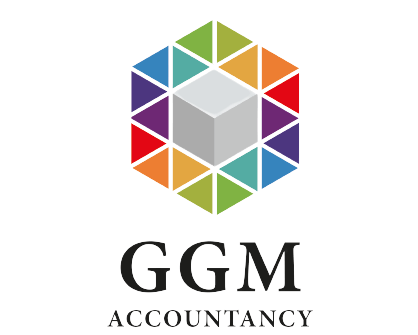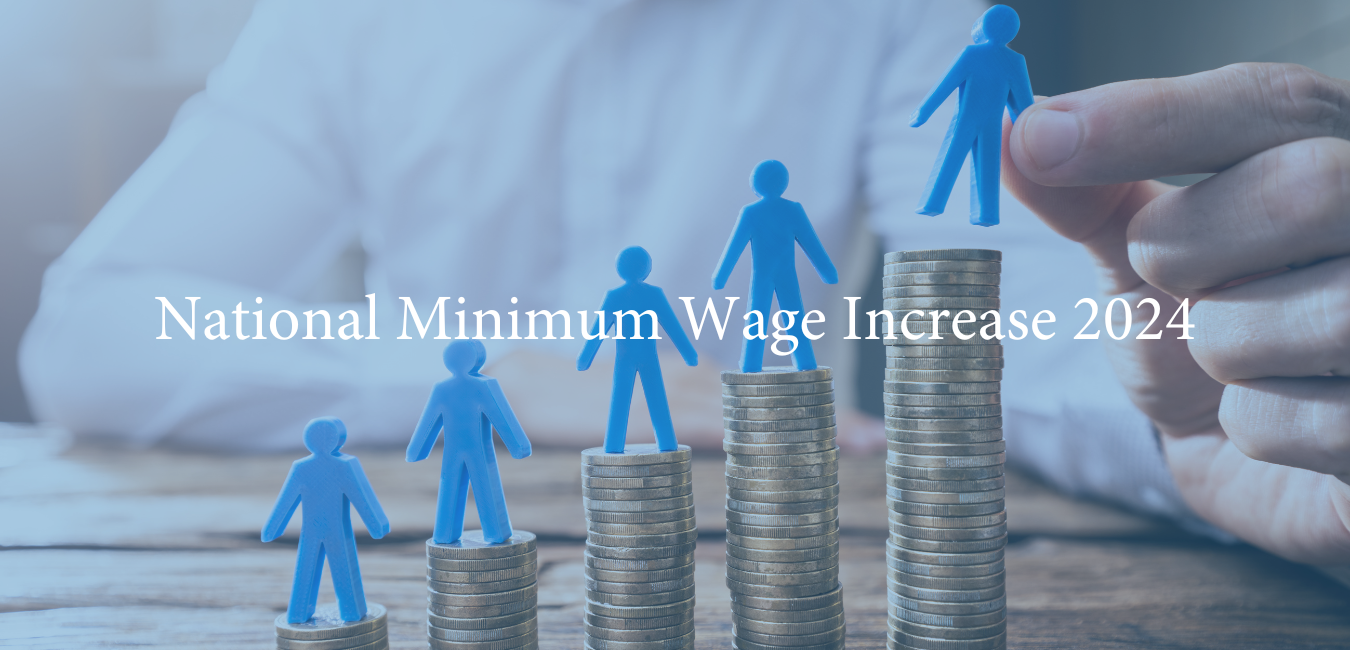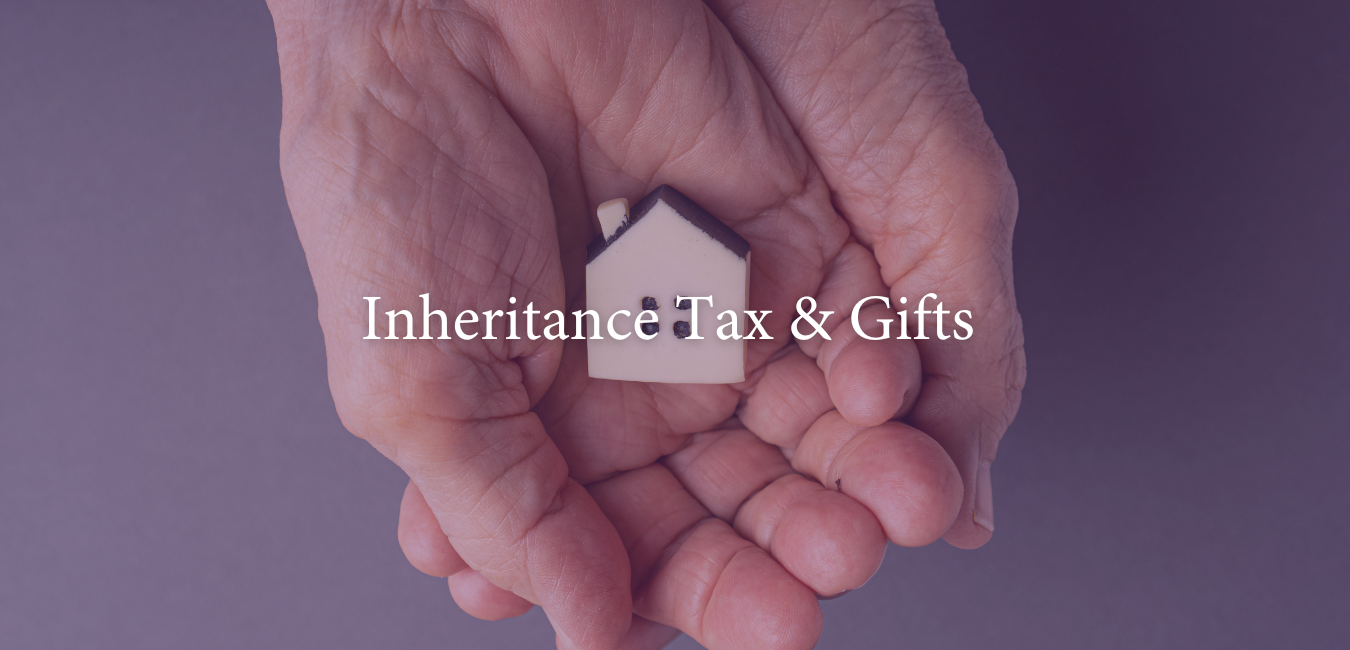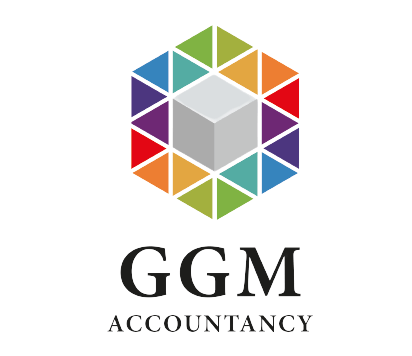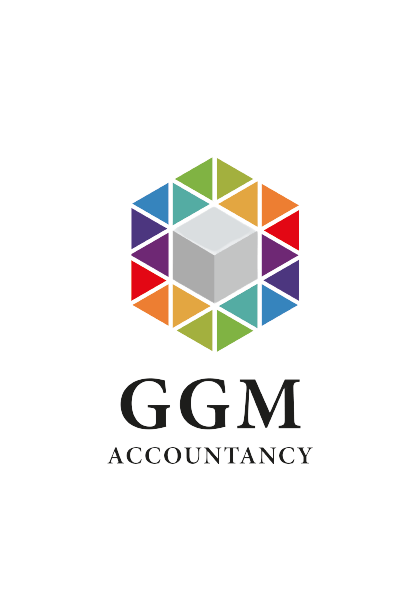The Spring Budget 2023: What does it mean for us?
The Spring Budget 2023: What does this mean for us?
With the UK economy struggling, soaring inflation, rising gas and electricity bills, and interest rates, have all added to the challenges of people running businesses across the UK.
Last month, Jeremy Hunt delivered the 2023 Spring Budget, but what does it mean for us, and our businesses?
Our latest blog summarises the key announcements that may affect you and your business, along with a reminder of other tax changes taking place in April.
Capital Allowances
The super deduction capital allowances, which provide companies with a deduction of 130% of the cost of new plant and machinery, ended for expenditure incurred after 31 March 2023.
The Chancellor has proposed a new system, and the new scheme will be as follows:
Full Expensing (FE)
From 1 April 2023 to 31 March 2026, businesses can deduct 100% of the cost of certain plant and machinery, including IT equipment, from their profit before tax. This is effectively a 100% first year allowance for the assets which would have qualified for the super deduction.
Annual Investment Allowance (AIA)
Most businesses (not just companies) already qualify for the annual investment allowance (AIA) which provides tax relief on 100% of the cost of plant and machinery in the year of purchase for up to £1m of expenditure per year. The AIA covers a wider range of assets including items acquired second hand and plant that is leased out but not cars.
Assets qualifying for the special rate deduction of 50% will continue to benefit from that rate when the items are purchased new and unused by companies until 31 March 2026.
Corporation tax
The main rate of corporation tax will rise from 19% to 25% from 1 April 2023 but the small profits tax rate will stay at 19% where the company’s profits do not exceed £50,000.
The effective marginal rate of corporation tax will be 26.5% on profits in the marginal relief band between £50,000 and £250,000. This band can start at a much lower level as those profit thresholds are divided by the total number of associated companies and are also reduced if the company's accounting period is shorter than 12 months.
There are several measures that the directors of a family company can take to avoid the high marginal tax rate of 26.5% which we can help you consider.
For businesses with profits above £250,000, the impact of this will be that the UK will be seen as a less attractive location for international businesses and will hit the pockets of businesses with higher turnover.
Fuel duty
As with previous Chancellors, Mr Hunt has announced his plan on freezing fuel duty that was due to increase in March.
This is good news for both the self-employed and businesses with high fuel costs.
Research & Development (R&D)
A new R&D scheme was announced for 20,000 R&D intensive SMEs in the UK from 1 April 2023. This will apply to companies where its qualifying R&D expenditure is worth 40% or more of its total expenditure.
This is measured as the expenditure listed in the company's profit and loss account plus the additional amount in the R&D claim less any non- deductible expenditure.
Budgeting for R&D projects can sometimes be difficult, but we can help you with some cashflow projections.
Energy
While wholesale energy prices drop and the average annual household bill soaring, there was some relief for individuals with the government extending the energy price guarantee will remain at £2,500 for the next three months and bringing charges for people with pre-payment meters in line with customers paying by direct debit.
This will help those people running businesses from home to maintain or reduce their energy bills.
Free Childcare Places Increased
The Chancellor announced the extension of free childcare places to children under three years old in England to match the 15 or 30 hours of free childcare currently provided to three and four year olds in term time.
From April 2024 parents of two-year- olds will be able to access 15 hours of free childcare per week.
From September 2024 parents of children aged nine months up to three years old will be able to access 15 hours of free childcare per week.
From September 2025 parents of children aged nine months up to three years old will be able to access 30 hours of free childcare per week.
To qualify for 30 hours of free childcare under the current scheme the parents must be working and each earning at least £659 per month. Where the adjusted net income of one or both parents is above £100,000 this is reduced to 15 hours. It is not clear yet whether these limits will remain in place under the new scheme.
The extra funding will only apply in England and will be rolled out in stages.
Pension Allowances Increased
The Chancellor announced the relaxation of pension allowances to encourage older taxpayers to remain an active part of the workforce or to return to employment if they have retired early.
The annual allowance, which has been frozen at £40,000 for the last nine years, will increase to £60,000 on 6 April 2023. It will still be possible to carry forward unused annual allowance for three tax years.
This is great news for business owners and the self-employed that want to tax efficiently invest more for retirement.
Pension savings lifetime cap removed
The Chancellor also announced that the lifetime allowance charge would not apply from 6 April 2023.
Currently any pension saver can take a tax-free lump sum of up to 25% of their pension fund once that individual reaches the minimum pension age for the fund. However, that tax-free lump sum will now be limited to a maximum of £268,275, so if the fund grows to more than £1,073,100 the pensioner cannot avoid tax on a full quarter of the total fund.
Personal tax
There were no further changes to personal tax. Following the announcements in the Autumn Statement to freeze income tax annual allowance and income tax thresholds.
The tax-free personal allowance will be frozen at £12,570 for six years from 2021/22 to 2027/28 and the related marriage allowance is fixed at £1,260 for the same period.
Although income tax rates have not changed, the threshold at which taxpayers start to pay higher tax rate will be frozen at £50,270 for the six years to 2027/28. With inflation running at around 10% this will pull more people into paying 40% tax every year.
The band of income where child benefit is clawed back from the highest earner in the family has been £50,000 to £60,000 since 2013. If your income is within that range or higher and you or your partner receive child benefit, you must declare that benefit on your tax return and some or all of it will be clawed back. An easier solution may be to opt out of receiving child benefit.
Dividends
Dividends covered by the dividend allowance escape tax. This allowance has been fixed at £2,000 since 2018-19 but it will be cut to £1,000 for 2023- 24 and £500 for 2024-25.
Companies whose shares are held by a number of family members who take advantage of this allowance may need to review the dividend strategy for 2023-24 and later years.
VAT Registered Companies
The turnover threshold where businesses must register for VAT and start to charge VAT on their sales has been frozen at £85,000 from 2017-18 to 2025-26. It is important to monitor your cumulative sales on a rolling 12-month basis to spot exactly when you exceed the VAT registration threshold.
SEED Enterprise Investment Scheme Boosted
Ambitious entrepreneurs who want to attract investors can use two different schemes to provide the investor with income tax relief on the value subscribed for shares and capital gains tax relief on the disposal of those shares.
These schemes are: the enterprise investment scheme (EIS) and the seed enterprise investment scheme (SEIS).
The SEIS, designed for young, growing trading companies seeking to raise relatively modest amounts of capital, has until now been subject to fairly restrictive conditions.
From 6 April 2023 the amount that a single company can raise using the SEIS will increase from £150,000 to £250,000. For larger amounts companies should apply for clearance from HMRC to issue shares under the EIS.
The maximum an investor can subscribe for shares under the SEIS will double from £100,000 to £200,000 per year from 2023-24. Please ask us for advice if you are considering taking advantage of the SEIS.
Business rates
There were no changes made to the Small Business Rates Relief (SBRR) threshold which is a blow to many small businesses.
Landlords, the self-employed, and business owners were all looking for the Chancellor to help them deal with the current economic issues facing their income and profits.
For more information and bespoke tax planning advice, contact GGM Accountancy today on 01733 247 500, or email admin@ggmaccountancy.co.uk
Menu
Get In Touch
Tel: 01733 247500
Email: admin@ggmaccountancy.co.uk
Office: Unit 12, Broadway Shopping Centre
Malting Square, Yaxley, Peterborough
PE7 3JJ
Sign Up To Our Newsletter
Contact Us
We will get back to you as soon as possible
Please try again later
Proud Partners Of
Menu
Get In Touch
Tel: 01733 247500
Email: admin@ggmaccountancy.co.uk
Office: 42 Tyndall Court, Commerce Road
Lynch Wood, Peterborough, PE2 6LR
Follow Us On Social Media
Sign Up To Our Newsletter
Contact Us
We will get back to you as soon as possible
Please try again later
All Rights Reserved | GGM Accountancy Ltd | Website designed by Onelink Media
